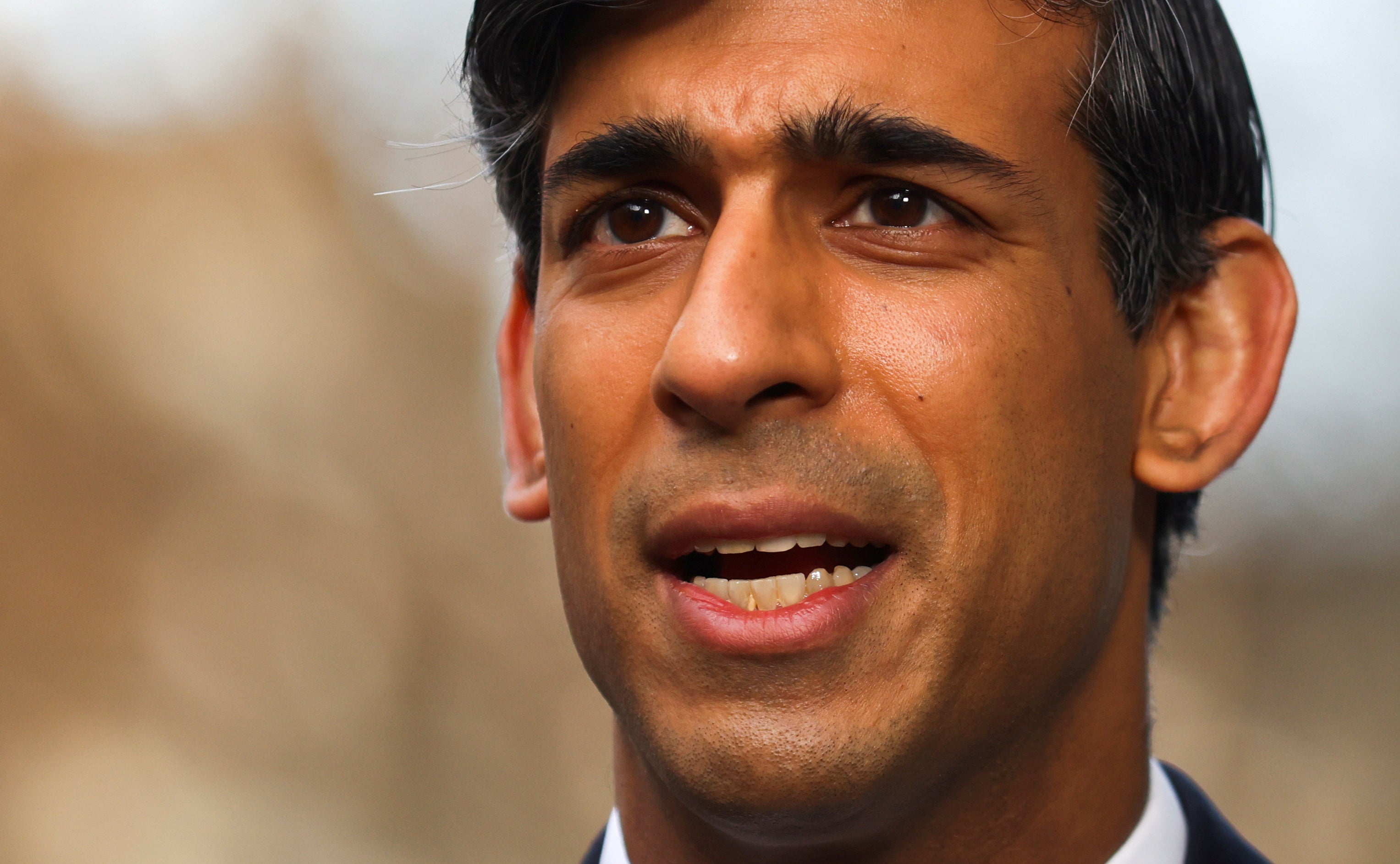Senior Conservative suggests one-off wealth tax could help repair UK’s finances
‘Poorer people have been disproportionately impacted and I believe very strongly that needs to be taken into account in government policy going forward’

Your support helps us to tell the story
From reproductive rights to climate change to Big Tech, The Independent is on the ground when the story is developing. Whether it's investigating the financials of Elon Musk's pro-Trump PAC or producing our latest documentary, 'The A Word', which shines a light on the American women fighting for reproductive rights, we know how important it is to parse out the facts from the messaging.
At such a critical moment in US history, we need reporters on the ground. Your donation allows us to keep sending journalists to speak to both sides of the story.
The Independent is trusted by Americans across the entire political spectrum. And unlike many other quality news outlets, we choose not to lock Americans out of our reporting and analysis with paywalls. We believe quality journalism should be available to everyone, paid for by those who can afford it.
Your support makes all the difference.A senior Conservative MP has suggested a one-off wealth tax could help repair the damage the coronavirus pandemic has inflicted on Britain’s finances.
Mel Stride, the chair of the Commons Treasury Committee, floated the proposal as Rishi Sunak prepares to unveil the Budget in just over two weeks — detailing the economic fallout of the crisis.
Experts have suggested such a measure could raise as much as £260 billion, but the chancellor has privately dismissed the principle of a wealth a tax as not in line with the Conservative Party’s values.
Appearing onTimes Radio, Mr Stride stressed: “The spread of the effect of this virus has been very different on different cohorts of the economy.
“Poorer people, women for example, ethnic ministries, have been disproportionately impacted and I believe very strongly that needs to be taken into account in government policy going forward.”
Mr Stride revealed the Commons Treasury Committed had just concluded an inquiry into tax after the Covid-19 pandemic — including the use of a wealth tax in the UK — and would be publishing its findings shortly.
However, he said: “I will teasingly give you one observation which is that a lot of European countries have tried wealth taxes, certainly wealth taxes on an annual basis, and they have almost inevitably retreated from it because it is highly complicated and very difficult.
“I think what might be more promising in terms of effectively raising more tax might be a one-off wealth tax.
“So that I think is probably nearer the end of the spectrum — stroke question mark desirable — than an annual wealth tax.”
Mr Stride’s remarks follow a report from the Wealth Tax Commission last year that suggested such a measure would see individuals taxed only once based on their net wealth they owned and could raise up to £260 billion if levied at five per cent of those with assets worth in excess of £500,000.
The commission proposed that the one-off wealth tax should be levied with a provision allowing individuals to pay the tax in instalments over a number of subsequent years at a rate of one per cent.
“This would reduce the cost in a single year, but the amount of tax they pay would be based on their wealth on the initial assessment date,” said the experts in their report.
In a foreword to the report, Lord Gus O’Donnell, the former head of the civil service, said the authors concluded that “an annual wealth tax is a non-starter in the UK and we should fix our existing taxes on wealth instead”.
But he added: “A one-off wealth tax is a very different proposition. They think it would work and could raise one-quarter of a trillion pounds over five years. This is a striking conclusion and it comes at a critical juncture.”




Join our commenting forum
Join thought-provoking conversations, follow other Independent readers and see their replies
Comments